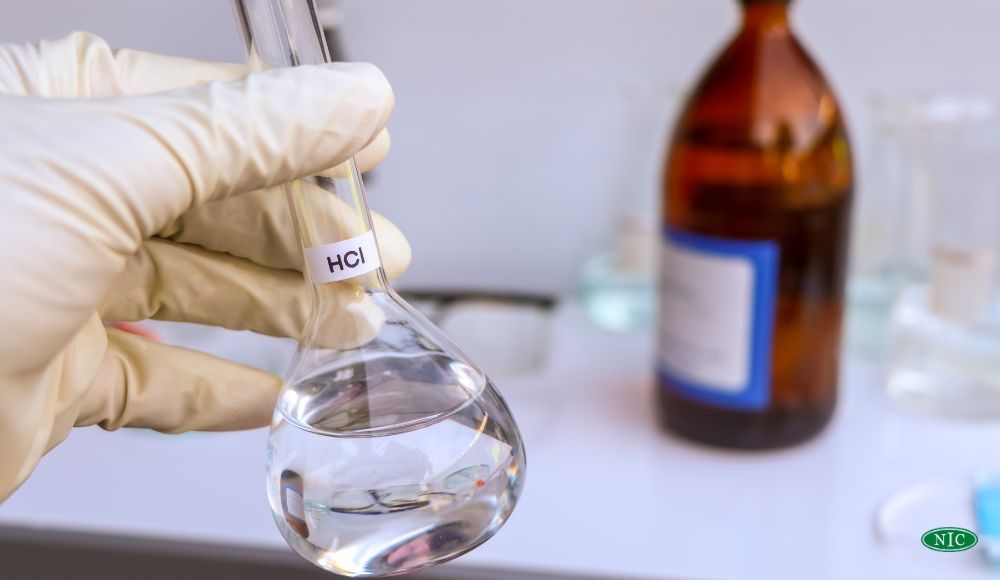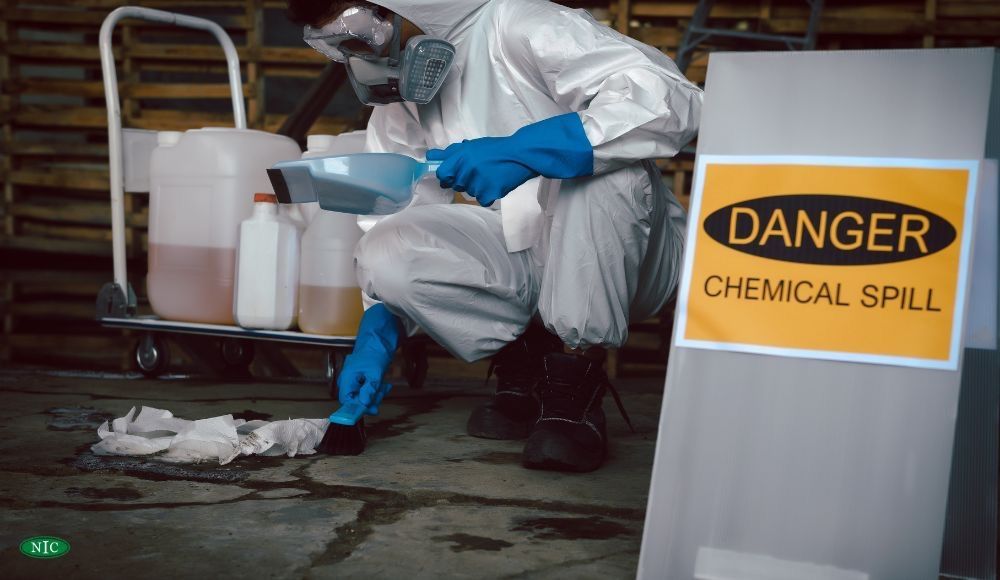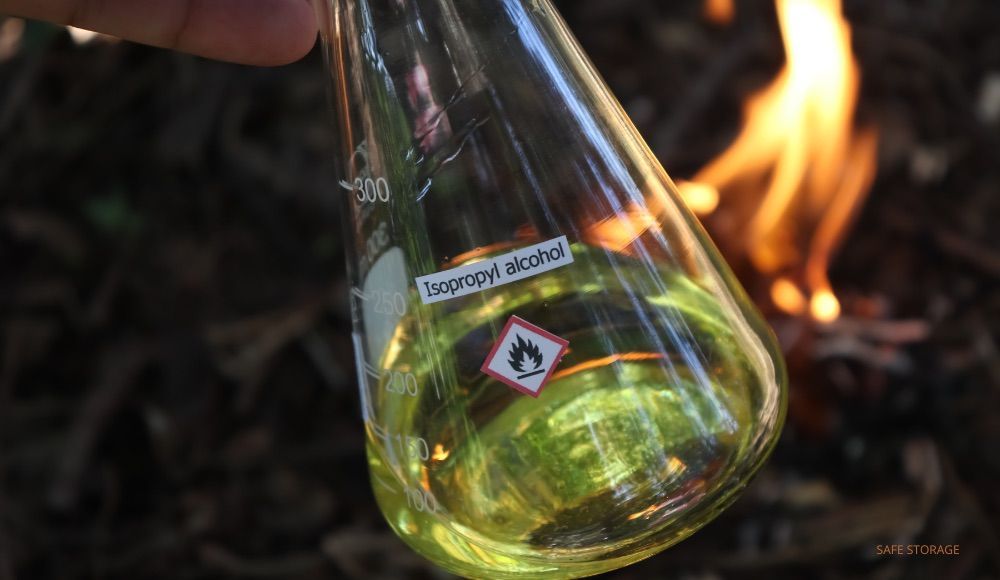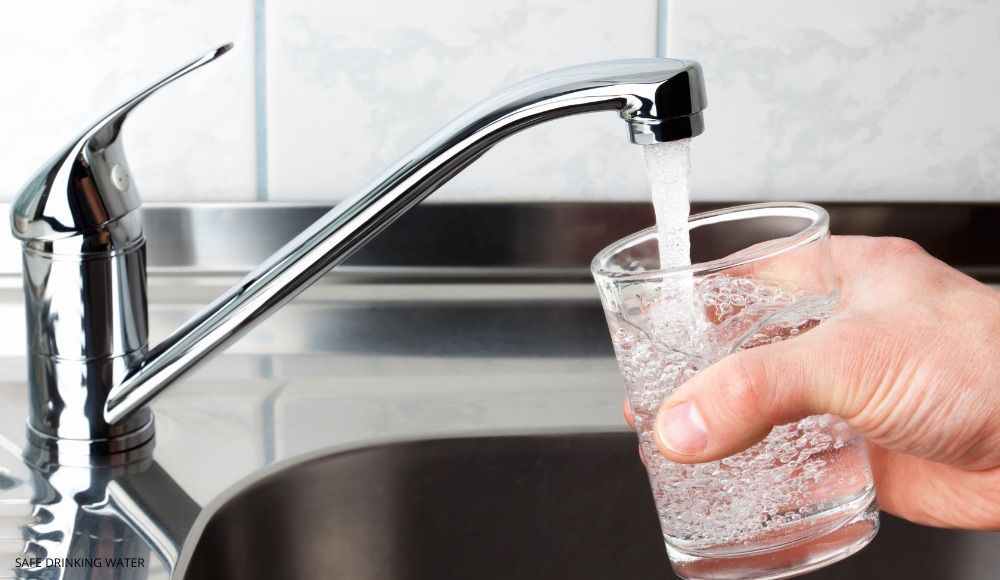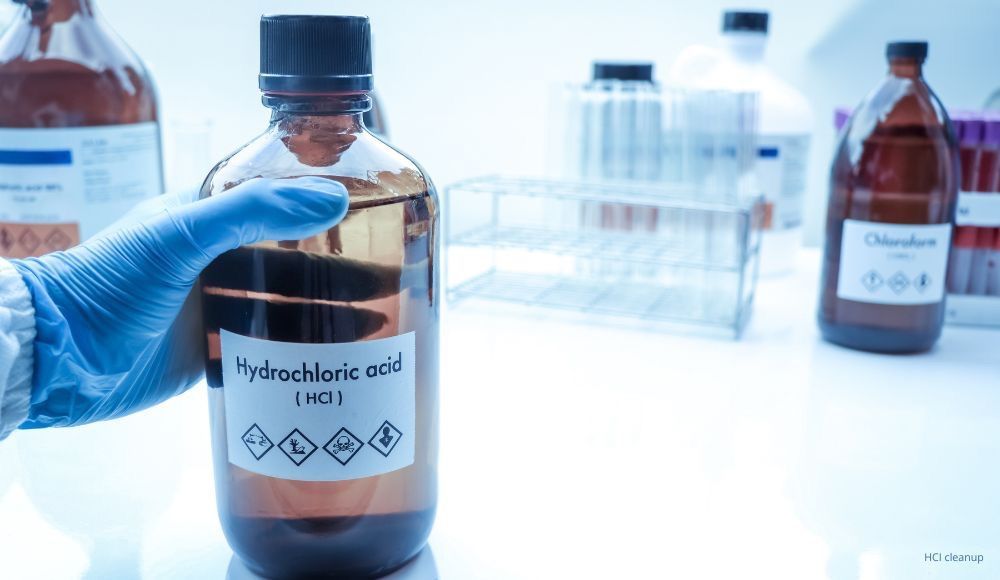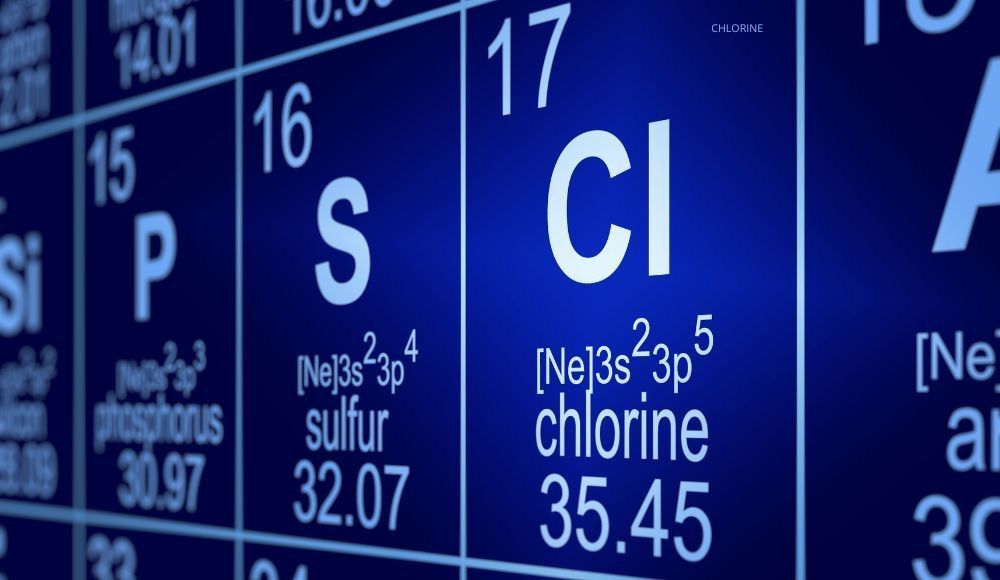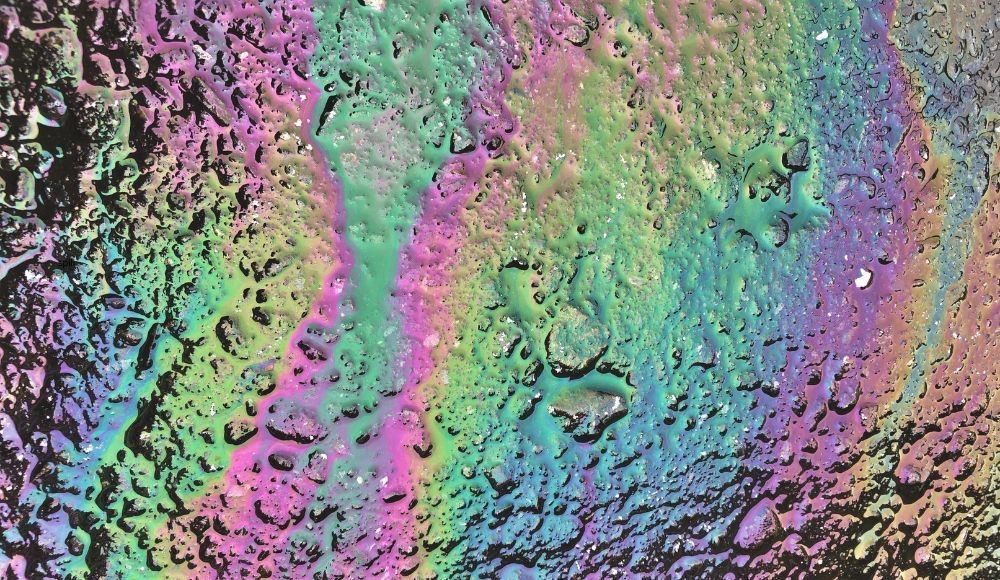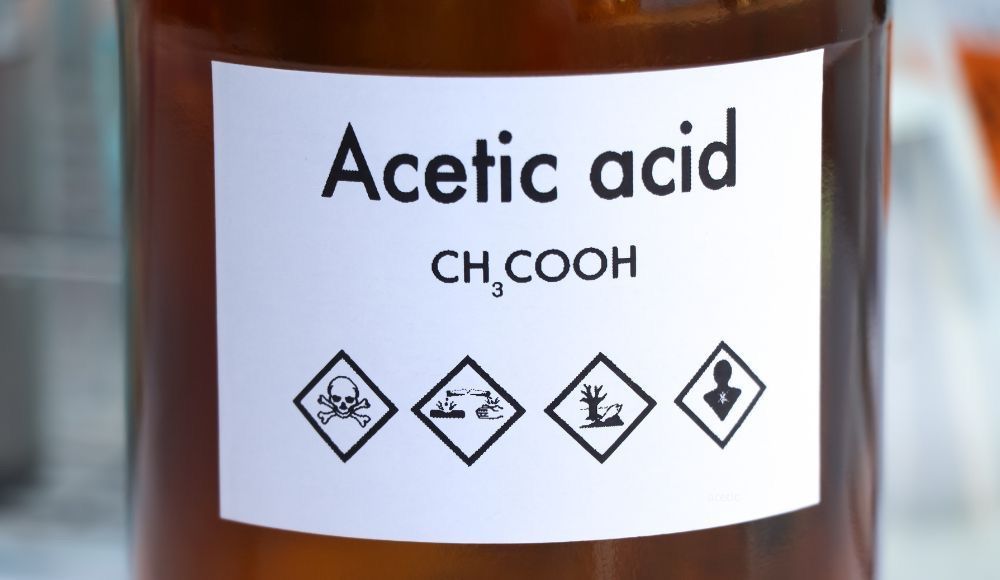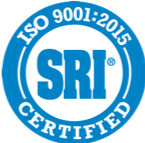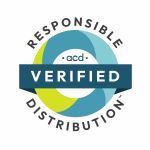Water Treatment and Purification Basics
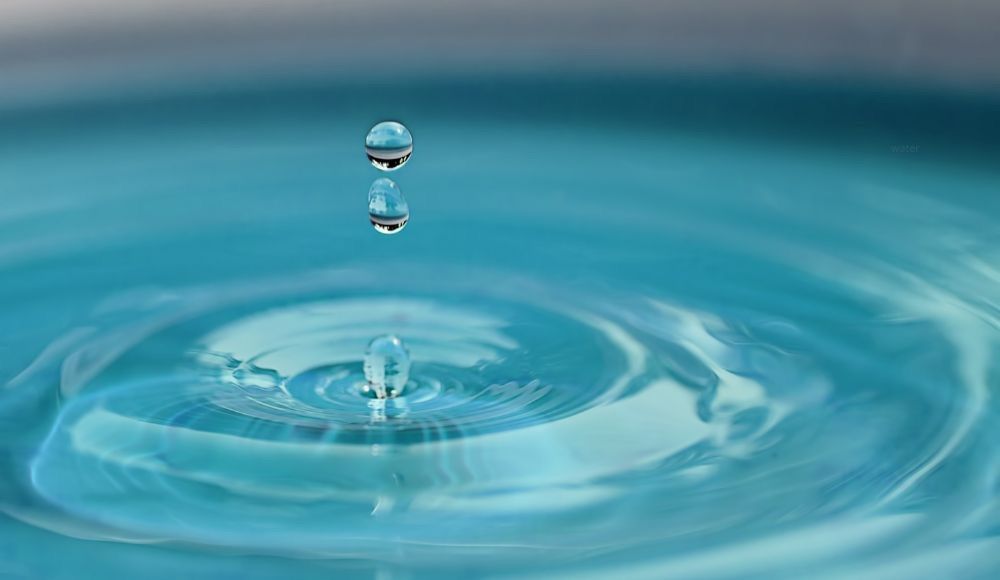
Water treatment and purification refer to processes that remove contaminants and improve water quality for safe consumption and use. These methods include filtration, sedimentation, and chemical treatments, ensuring water is free of harmful pollutants and pathogens. Essential for health and environmental balance, these technologies support communities worldwide in accessing clean water.
Why is Water Treatment Important?
Water treatment removes harmful contaminants, bacteria, viruses, and parasites that can cause serious waterborne diseases like cholera and typhoid. Ensuring water is safe for drinking and other uses prevents the spread of potentially life-threatening illnesses.
Proper water treatment is essential for preserving ecosystems and biodiversity. It prevents the release of harmful pollutants into natural water bodies, protecting aquatic life and maintaining the delicate balance of environmental systems. Untreated wastewater can cause significant damage to ecosystems and disrupt natural habitats.
With only 2.5% of the planet's freshwater and just 0.4% suitable for human consumption, water treatment becomes critical for sustainable resource management. Treatment processes allow for water recycling and reuse, reducing strain on limited freshwater sources, especially in water-stressed regions.
What are the Different Types of Water Treatment?
Several types of water treatment methods purify and improve water quality for various purposes. Here are the main types of water treatment:
Physical Treatment Methods
- Mechanical filtration removes physical particles like sediment and dirt.
- Activated carbon filtration removes chlorine, volatile organic compounds (VOCs), and improves taste and odor.
- Reverse osmosis (RO) uses a semipermeable membrane to remove many contaminants, including dissolved solids, heavy metals, and chemicals.
- Sedimentation allows suspended particles to settle out of water by gravity.
- Distillation involves boiling water and collecting the condensed vapor, leaving behind many contaminants.
Chemical Treatment Methods
- Disinfection includes chlorination to kill bacteria and viruses and ozonation to disinfect water.
- Ion exchange removes dissolved ions from water, often used in softening to remove calcium and magnesium ions.
- Coagulation and flocculation use chemicals to bind small particles together, making them easier to remove through sedimentation or filtration.
- Biological treatment uses bacteria to remove contaminants like nitrates and perchlorates from water.
Advanced Treatment Methods
- Ultraviolet (UV) disinfection sterilizes bacteria and viruses in water without adding chemicals.
- Ultrafiltration and nanofiltration use specialized membranes to remove tiny particles and contaminants.
- Advanced oxidation processes (AOP) use oxidants, UV light, and catalysts to remove difficult contaminants.
What is a Water Treatment Plant?
A water treatment plant improves water quality for various end-uses, including drinking water, industrial water supply, and environmental replenishment. By removing contaminants and hazardous substances from water, these plants play a crucial role in safeguarding public health and the environment.
The key functions of water treatment plants include:
- Collection and pretreatment
- Primary and secondary treatment
- Disinfection and final processing
Benefits of Water Treatment Plants
Water treatment plants remove harmful contaminants, bacteria, viruses, and parasites that can cause serious waterborne diseases. They play a vital role in safeguarding aquatic ecosystems by removing pollutants that can harm marine organisms. These plants contribute to water sustainability by enabling water reclamation and reuse for non-potable applications.
In addition, water treatment plants:
- Effectively remove or reduce various pollutants, including phosphorus, nitrogen, heavy metals, bacteria, and viruses
- Produce energy through methane production from sludge treatment
- Produce natural fertilizers from biodegradable materials in wastewater
By performing these essential functions, water treatment plants ensure clean, safe water while protecting the environment and supporting sustainable water management practices.
Contact Us for Professional Water Treatment Advice
Our friendly and experienced team will provide suggestions and assistance for all your chemical needs.


Contact
717-845-8647
North Industrial Chemicals, Inc.609 E. King St.PO Box 1985York, PA 17405
All Rights Reserved | North Industrial Chemicals, Inc.
